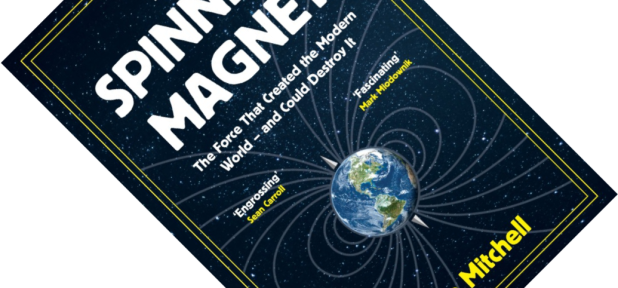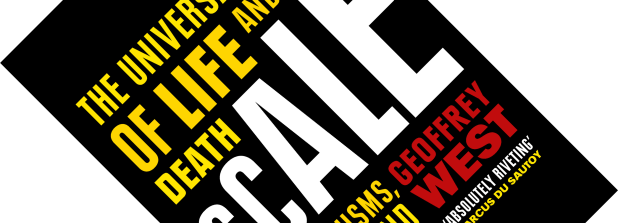If you have used a compass, you will know our planet has a magnetic North and South pole. You might even be aware that the geographical and magnetic poles are not exactly in the same location. The magnetic poles have a tendency to wander with time. They can even swap places, and we have evidence of a long history of such geomagnetic reversals in the rock record. But how does this happen? And what would the consequences be if this happened today? Earth’s magnetic field offers protection against radiation from outer space, primarily from the sun, so if this field weakens or changes, what will happen to us and our electrical infrastructure? Join science journalist Alanna Mitchell as she explores this topic and delves into the history of electromagnetism.
physics
Book review – Getting Science Wrong: Why the Philosophy of Science Matters
So you think you know what science is? I thought I did. I mean, we notice patterns, formulate hypotheses, gather observations to see if our ideas are supported or not, and discard or accept our hypotheses. And this is what we do. Yet, as philosopher Paul Dicken shows in this lightly written introduction to the philosophy of science, there is no good definition of the scientific method, though there are plenty of misconceptions.
Book review – Scale: The Universal Laws of Life and Death in Organisms, Cities and Companies
Not since I had to read D’Arcy Wentworth’s On Growth and Form for coursework have I read such a fascinating book that highlights the importance of mathematical laws in governing boundaries and patterns we observe in life. Geoffrey West is a polymath in the truest sense of the word: a theoretical physicist who, over the course of 20 years, applied complexity science to many questions in biology initially, and then extended his ideas to patterns seen in the organization and functioning of cities and companies. Scale is a wide-ranging intellectual foray with no equation in sight.



